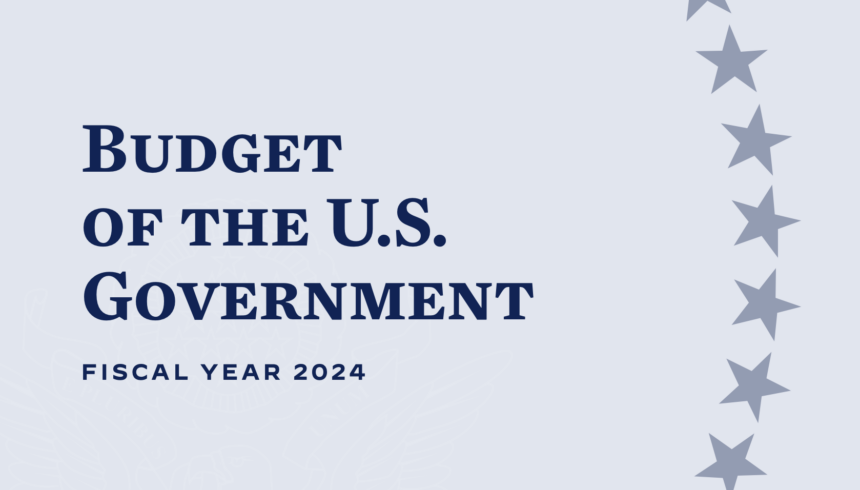
A White House budget released Thursday proposes no new ways to recruit or pay for more nursing home workers, even as federal officials are expected to unveil a minimum staffing standard in coming weeks.
On the other hand, among the more than $1.8 trillion in proposed health spending, nearly $100 million was set aside for increased enforcement and survey activity, much of that focused on nursing homes.
There was no mention of the skilled nursing staffing rule, which one major provider group has estimated could cost the sector $11 billion each year to meet.
The Centers for Medicare & Medicaid Services last month said it would include minimum staffing requirements that facilities “must meet to ensure safe and quality care” as part of its annual SNF prospective payment rule, projected to be issued in April.
“They probably don’t want to show their hand yet” regarding possible funding, Cynthia Morton, executive vice president of the advocacy group Advion, offered to McKnight’s Thursday. “There’s also some thought that a nursing policy could be proposed in the rule but maybe phased in. That could delay the financial impact by a year.”
Morton made clear she was speculating about coming announcements, given that so little is known about the highly anticipated rule. She said payment or related details also could be tucked into pay or other rules that drop later in the year.
In any case, the president’s budget essentially outlines his political priorities each year. It carries little weight outside his own political party. But providers definitely wouldn’t have minded seeing some show of support from federal officials as they face ongoing workforce shortages.
CMS Administrator Chiquita Brooks-LaSure has previously acknowledged that staffing and payment are two parts of a nursing home reform plan. But asked about long-term care during a budget press conference Thursday afternoon, Brooks-LaSure focused on oversight efforts and investment in home- and community-based care rather than nursing homes.
“We are very committed to improving long-term care, whether it be in nursing homes, in the community and assisted living,” she said. “There are new dollars in our CMS discretionary budget to really strengthen our ability to have oversight, which is a key piece of our concerns around nursing homes. We also, as folks know, have talked about a nursing home staffing standard that we plan to release this spring.”
Brooks-LaSure said skilled nursing budgeting “is done through our payment rules,” though Health and Human Services Secretary Xavier Becerra at the same event highlighted $150 billion in new HCBS funding that the president’s budget described as a tool to “improve the quality of jobs for home care workers and support family caregivers.”
“This budget gives them the support they deserve and the funds that would help us recruit the next 1.3 million additional home care workers that we will need to meet the rising demand in America,” Becerra said, making no note of the more than 200,000 unfilled nursing home jobs that exist currently.
Bigger budget for surveying
Instead, the main attention paid to nursing homes was in the area of enforcement. The budget requests $494 million for survey and certification activities, an increase of $97 million or 24% more than what was approved for the current fiscal year 2022.
“Timely certification surveys … may result in less severe enforcement action over time if issues can be detected earlier and corrected with education and training, rather than reactively responding to complaints,” the CMS budget read. “Furthermore, CMS will improve oversight of nursing facilities, including an overhaul of the special focus facility (sic) program to improve care more quickly for low-performing nursing homes. These changes that will make the special focus facility program requirements tougher and more impactful.
Becerra also noted that HHS will invest more money into fraud and abuse detection.
The American Health Care Association in a hedging statement Thursday said that it appreciated the administration’s efforts to improve the quality of nursing homes, a mission it shares.
“However, we’re disappointed that the administration is once again emphasizing an enforcement approach rather than supporting our caregivers and investing in our chronically underfunded sector,” AHCA said. “Long-term care continues to struggle with historic labor and economic crises, and we need the help of Washington to strengthen our workforce rather than focusing solely on reporting, inspections and penalties without assistance.”
LeadingAge, the provider association comprised wholly of nonprofit entities, said it supports the White House goal “of ensuring quality care wherever older adults call home.” But it also cautioned that “demand for services in all communities and care settings is growing.”
“Funding is needed across the continuum,” LeadingAge President and CEO Katie Smith Sloan said in a statement. “We hope we will find that addressed as more details emerge.”




